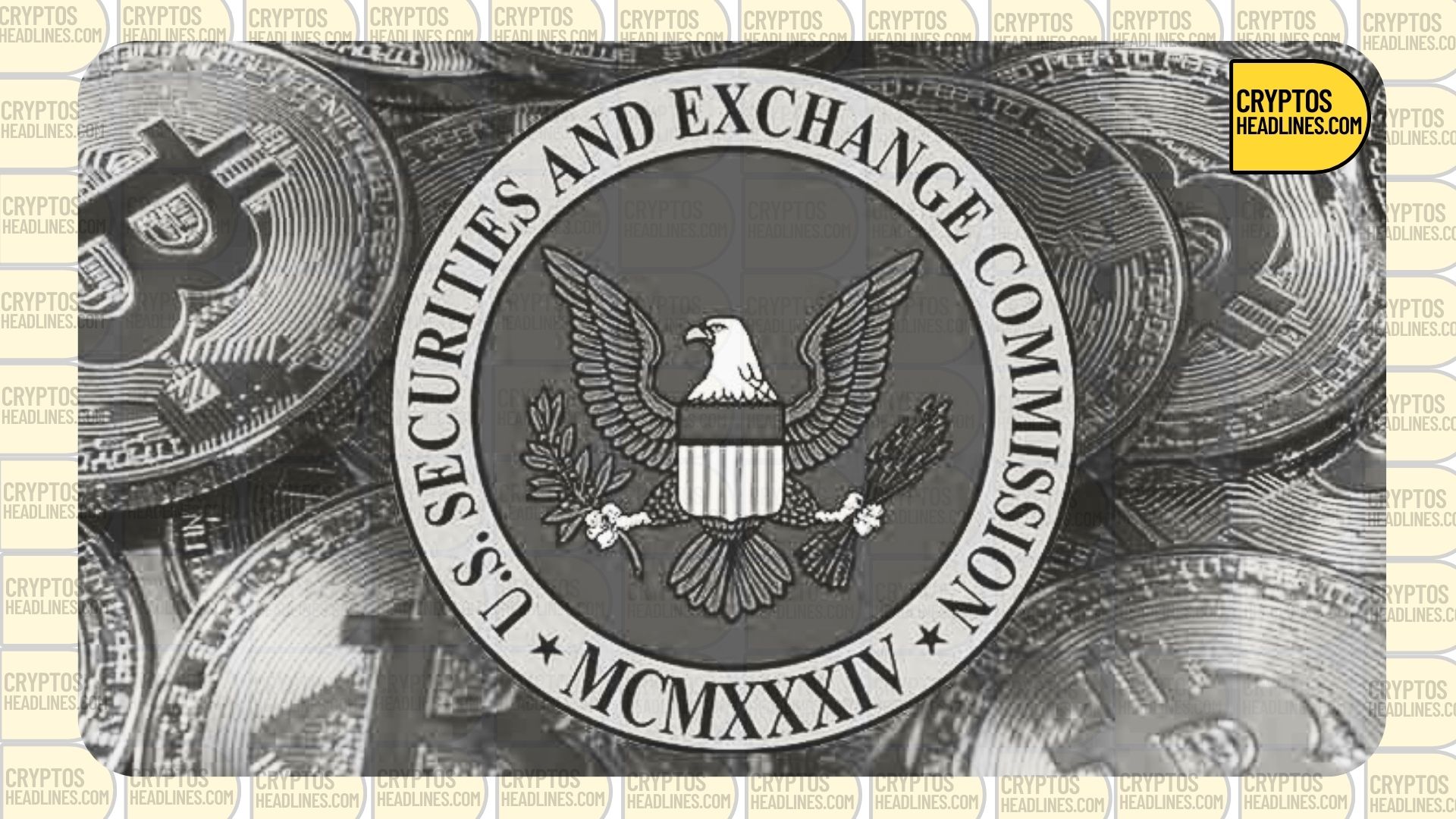The order is a setback for the SEC in its ongoing legal battle with Ripple, affecting their longstanding procedural dispute.
A judge has decided that the U.S. Securities and Exchange Commission (SEC) cannot keep documents related to William Hinman’s 2018 speech on cryptocurrency and securities with Ripple sealed. This ruling comes as part of the SEC’s lawsuit against Ripple, a company closely associated with the XRP cryptocurrency.
Judge Analisa Torres, presiding over the U.S. District Court for the Southern District of New York, has determined that the documents connected to William Hinman’s speech, where he expressed his opinion that ether was not a security, cannot be kept confidential under a court order. Earlier, Magistrate Judge Sarah Netburn had ruled in January 2022 that these documents must be disclosed to Ripple as part of the ongoing discovery process.
Judge Torres has granted the SEC permission to redact personal information and names of individuals mentioned in the documents. However, she emphasized that the SEC cannot seal the “Hinman Speech Documents” as they hold relevance to the judicial process.
Judge Torres stated that the “Hinman Speech Documents” are not covered by the deliberative process privilege, as determined by Judge Netburn in her January 13, 2022 order. Consequently, sealing these documents does not serve the purpose of maintaining transparency and honesty within the agency. Additionally, the interest in preserving confidentiality is not substantial enough to outweigh the strong presumption of public access.
Ripple, on the other hand, made attempts to redact several documents, such as contractual agreements, financial information, and other types of data. The judge has approved many of these requested redactions, including those related to the company’s financial statements and specific business details. She agreed with Ripple’s argument that these redactions are focused and specific in nature.
However, the judge determined that certain proposed redactions, particularly those related to XRP, were too broad in scope and thus deemed “overbroad.”
As an example, the defendants aimed to redact references that associate Ripple’s revenues with the sales of XRP, according to the judge. They also sought to redact information about the compensation Ripple offered to trading platforms for listing XRP. Additionally, the defendants requested the redaction of details regarding the amount of XRP sales specifically targeted at investors through programmatic and institutional sales.
This information is for general knowledge only and should not be considered as advice for investing or making financial decisions.











